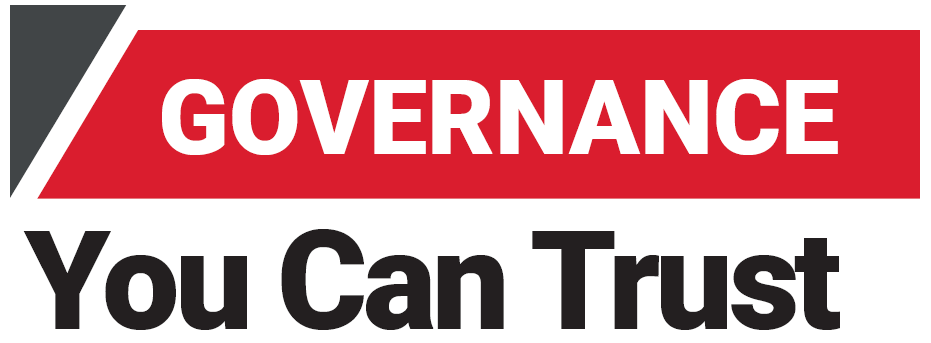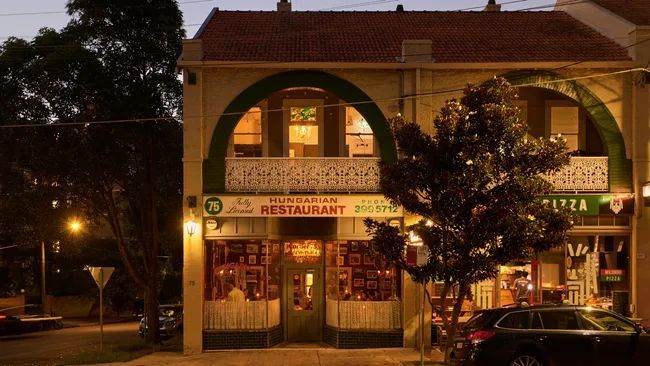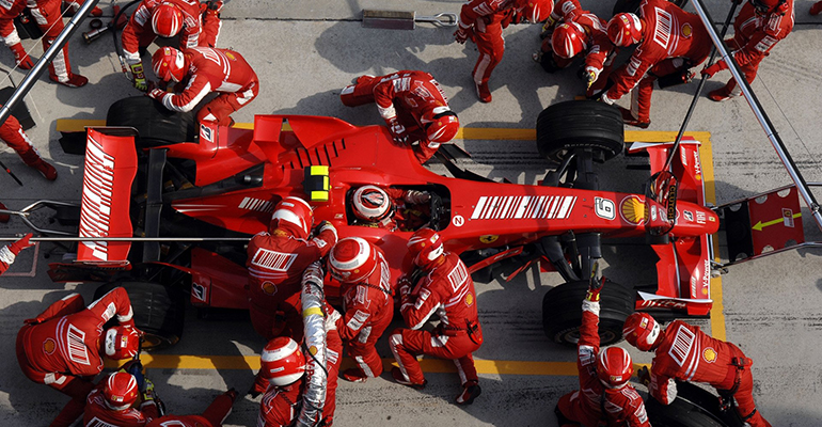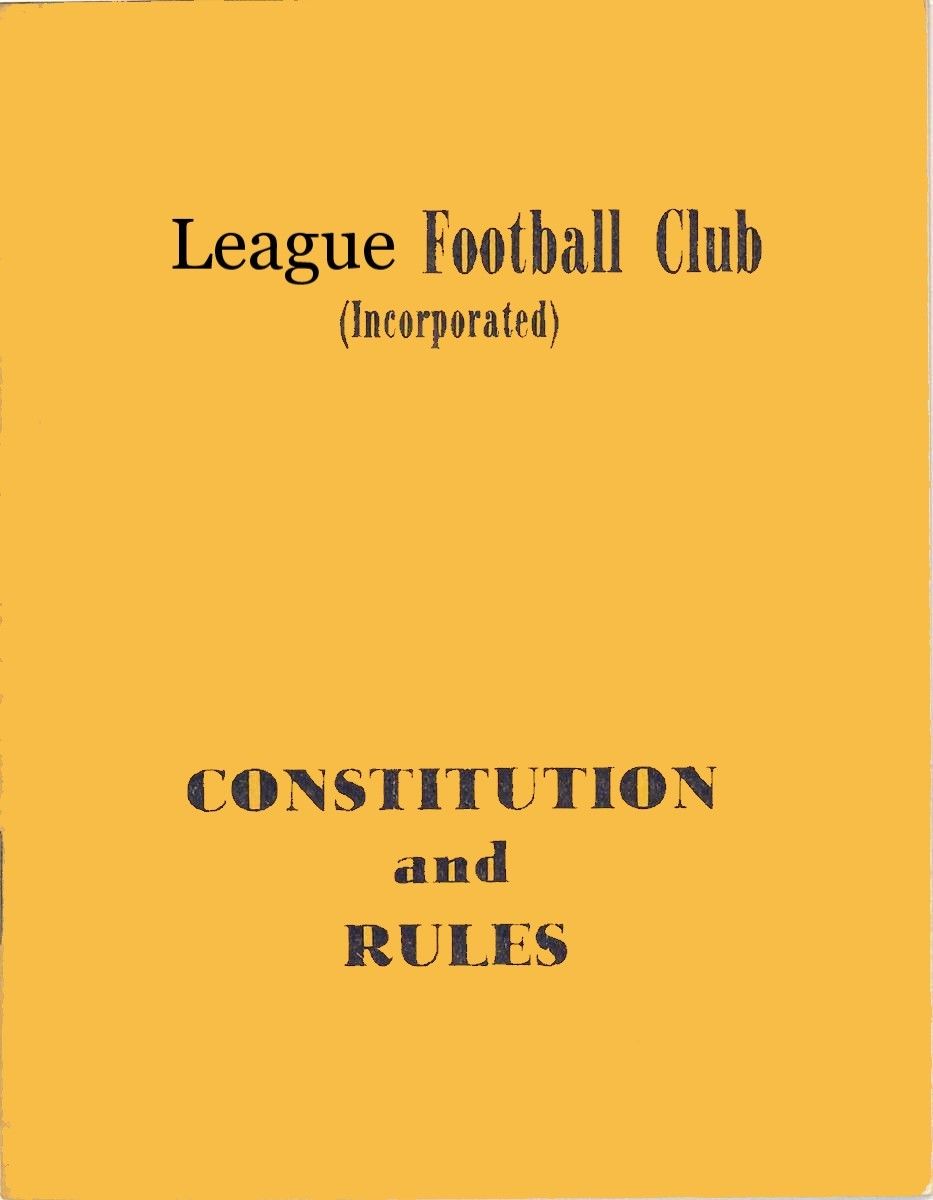Teamwork makes the Dream Work
How to build a great team
Staff are our most valuable resource and if the team is great - so is the business.
What makes a great team? Right people in the right roles, with the right skills to deliver what the clients need. And cross skilling and upskilling all add to the strength of the team. The club I am running at the moment has constant staffing challenges due to lack of skills, availabilities, holidays and ill health, so the best way to bolster the team is through training and development. Unfortunately, I won’t be there long enough to implement a formal structured training plan, but I did get the kitchen staff trained with the requisite Food Safety Supervisor certificates that were needed.
Challenges also arise when you hire new staff who claim to have the skill on their resume and patently don’t when the rubber hits the road. In a perfect world you take the time to train these people to do the job the way you want it done. That is not always possible, so you may need to move those ineffective staff on.
When it comes to staff I have a couple of mantras:
X Hire for Attitude and train for skills
If you have staff with the right attitude, you can train them to do anything. The right attitude is difficult to define but you’ll know when you see it – keen, energetic, want to learn more and do more, willing to take on any challenge and usually also show a fair bit of initiative.
X Do the job the way you would want it done if you owned the business
You will never go wrong if you do the job the way you would want it done if you owned the business. That approach means you set the bar high and hold yourself accountable to the right standard, and ensure you deliver to that standard.

If you apply these mantras to the selection and development of staff, you will build a great team. And it is also important to lead by example – role modelling is critical to developing a high performing team. Remember also that the standard you walk past is the standard you accept – so be sure to show your team that you pick up rubbish, clear tables and collect glasses as needed.
Other issues that frustrate me include staff who do not understand the concept of appropriate speed in their tasks. When it is quiet, you can move slowly and deliberately in delivering service, but when it is busy, you have got to shift gears from first gear to second gear and so on till you reach overdrive for really busy shifts.
The number of staff a team requires is directly proportional to the skill, attitude and speed of delivery of the members. Two well trained, fast working staff with a get it done attitude, can easily cope with a bar six deep with customers. Two plodders, working at snail pace will be overwhelmed and customers will suffer frustration at the slow service from your bar.
In the restaurant/bistro scenario the same applies. Minimum skill standard is the three plate carry, constantly sweeping gaze and circulating to ensure prompt and professional service. Again, when it is quiet, you can move slowly, but when it gets busier, then you need to move faster. And every trip should be a two way trip – run food out, bring empty plates back.
Focus on a section is also important in the restaurant situation. You need to be watching your tables so when they finish their entrée, you clear and call their mains away. You don’t want to rush people, but when it is busy, if you don’t do this in a timely manner, then the kitchen will fall behind and wait times will increase to unacceptable levels – never a good outcome for customers.
Good teams have good supervisors – those who mentor their team, providing skill training, and advice on the best ways to achieve great service generally. Accuracy in order taking, prompt service and continual vigilance to customer’s needs are the secrets to success.
A ‘Dream Team’ is hard to come by - you have to invest in them to develop the skills, to add to the attitude, to create a highly skilled, self – directing team.
For assistance with your team, contact Ron Browne on 0414 633 423 or ron@extrapreneurservices.com.au .











